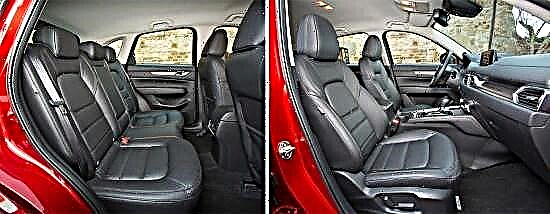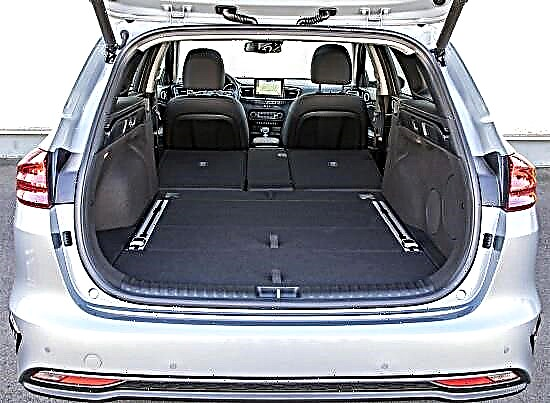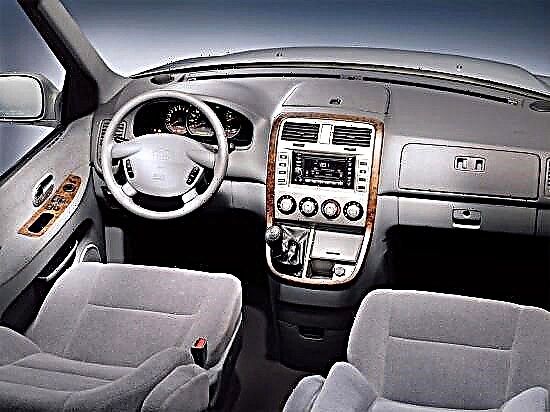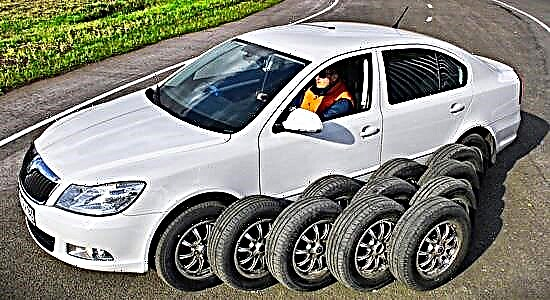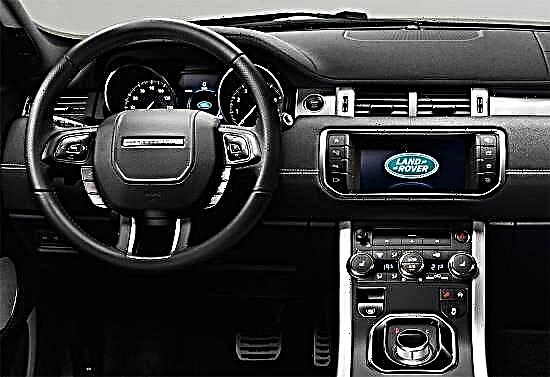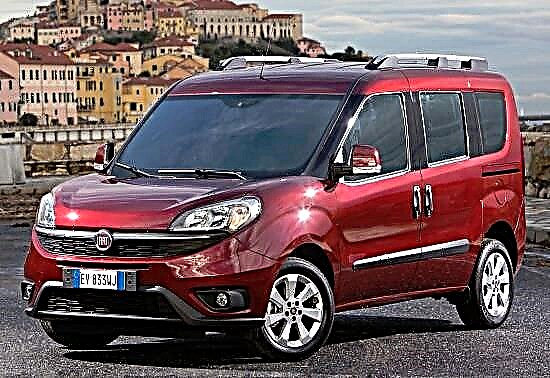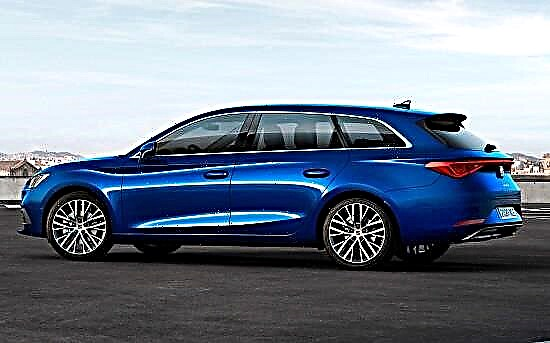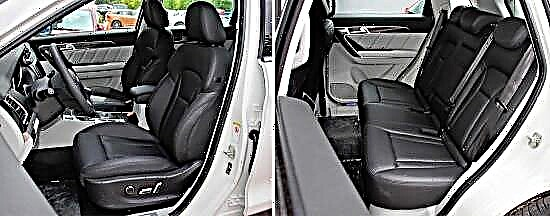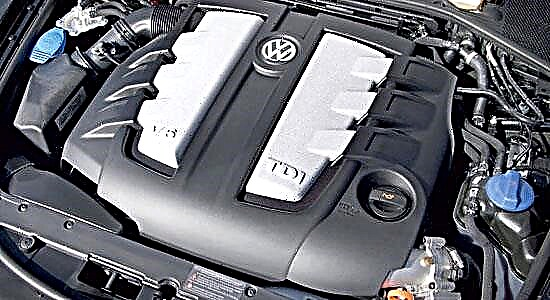Fuel prices are growing (both for gasoline and diesel), and “alternative power plants” have not yet had enough time to prove themselves (and they cannot be “blamed” for their superiority yet). In connection with the above described situation, once again discussions flare up about the pros and cons of diesel technology - as a real alternative to gasoline. Today we will look at the existing arguments for modern diesel and how compelling they are.

Diesel engines (as it was - and remains) consume less fuel than gasoline.
And even despite the fact that modern technologies (direct petrol injection, minimization concept) make gasoline engines more and more sophisticated and economical - diesel engines also “do not stand still” and, as before, keep the gap in terms of fuel consumption. Modern diesel engines consume about 30% less fuel than direct injection gasoline engines of the same generation.
The previous generation compact diesel car consumed 31% less fuel than a gasoline engine with intake manifold injection. Diesels of the latest generation are 29% more economical than gasoline engines with direct injection, exhaust gas turbocharger and reduced displacement.
Diesel engines are more economical in terms of total cost of ownership.
Yes, the diesel engine is still more profitable in terms of total annual operating costs in the vast majority of vehicle classes. Even though the purchase price, taxes and insurance coverage are higher for diesels than for gasoline vehicles - 30% fuel savings offset these costs.
On the other hand, it is no secret that the benefit directly depends on the car's annual mileage: the higher it is, the greater the effect of low fuel consumption. This is confirmed by a number of studies: for example, according to the German Automobile Association ADAC, with an annual mileage of 20 thousand km “89% of diesel cars are more economical than their gasoline counterparts.” A rough forecast for the future: if the price of diesel fuel grows as fast as the price of gasoline, the annual mileage, at which diesel engines will become more cost-effective than gasoline ones, will constantly decline. It's even simpler - the more expensive the fuel, the more profitable the diesel.
Diffusion of Diesel Powertrains Helps Implement EU's CO Emissions Reduction Program2.
With over 30% fuel savings, diesel engines emit approximately 25% less CO2than conventional gasoline engines. The trend to buy large cars (emerging in some European countries) has an unexpectedly positive effect on the CO balance2 - just because many of these vehicles are diesel powered. Carmakers will be able to meet EU targets for CO emissions2 (120 g / km) only if diesel cars maintain or increase their current share of all new cars (in the European Union, this is about 50%).
CO tax introduction in the EU countries2 Is another economic argument in favor of a diesel engine.
CO tax imposition in the EU2 creates another reason to consider diesel cars even more profitable, since they emit about 25% less carbon dioxide than gasoline ones. Consequently, diesel car owners will pay less tax.
Diesel engines continue to improve.
A range of solutions will improve diesel engines and reduce fuel consumption and, as a result, CO2 emissions2 - predicted by ~ 10% by 2012. And already today, for example, the minimization concept allows to reduce the displacement without losing power, reducing fuel consumption and emissions in engines of both types. The start-stop technology helps to achieve the same results.
New emission standards will not necessarily increase the cost of diesel vehicles.
Reducing nitrogen oxide emissions in accordance with the Euro 5 regulations, which will come into effect in 2010, does not require the use of expensive technologies at all. In many cases (depending on the vehicle class), modern diesel injection technology, combined with combustion optimization, will allow even Euro 6 standards to be met, and without high-cost exhaust gas treatment and other additional costs.
Diesel vehicles are gaining more and more popularity not only in Europe but also beyond its borders.
Non-European countries are also striving to reduce harmful car emissions and fuel consumption by introducing appropriate legislative measures. For example, American buyers are increasingly interested in fuel efficient and cleaner engines. German automakers are now bringing a range of diesel models to the American market that meet emission standards in all states. In addition, the US is looking to reduce its dependence on imports of crude oil, and diesel engines, with their lower fuel consumption, could play a key role in this. Experts predict that by 2015, 15% or more of all new cars and light trucks in the United States will be equipped with diesel engines.
These are the realities and forecasts for the future regarding diesel engines. It is clear that diesel is good (and even better if there is good diesel fuel for diesels ;-)). It will be good if diesel engines continue to gain popularity. But there is a fear that when diesel engines, in popularity, will bypass gasoline ones, the prices for gasoline and diesel fuel will take opposite positions ... but until this happens, diesel is really not only more environmentally friendly, but also more profitable in operation.

